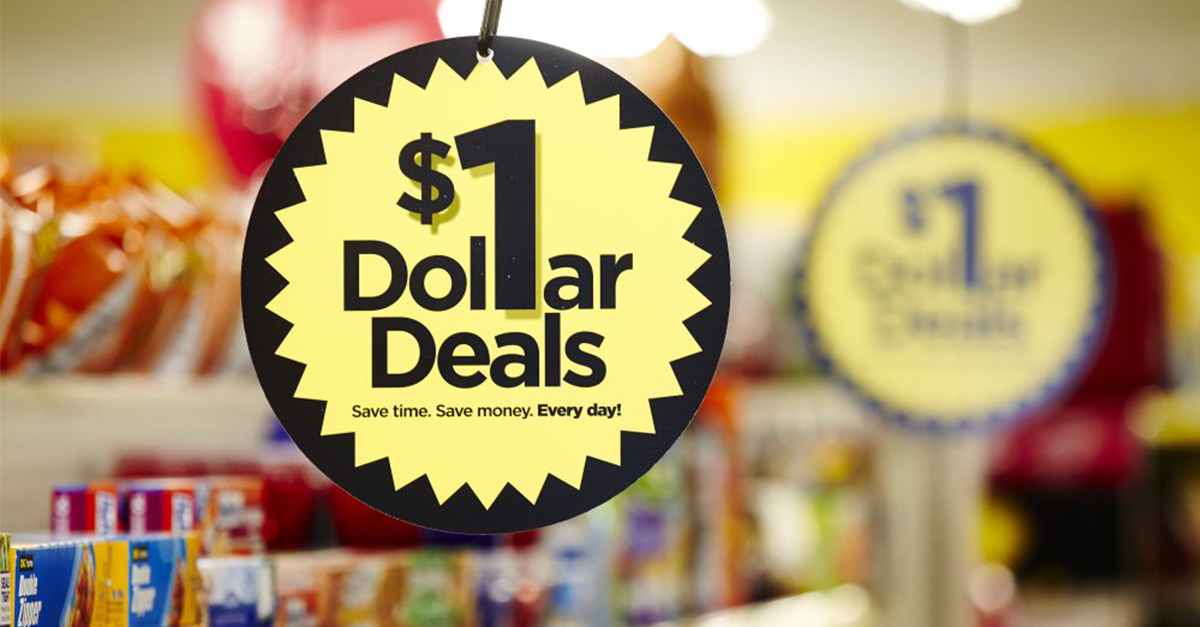Once you start accumulating debt, it can be hard to get rid of. It's easy to keep putting payments off, but it's a dangerous cycle that could bring you to a point of seemingly no return. When your debt is too overwhelming, what do you do? Well, one thing's for sure—it's not going to just magically sort itself out and disappear. You're going to have to tackle the problem head-on, and here are some tips on how you can do that:
#1 Make Small Payments
A good strategy you can try when you've got a substantial debt to pay is to chip away at it little by little. Break down your large balances into smaller payments that you can handle, based on your budget. It's much easier to charge $5,000 on a credit card than it is to pay it off right away. However, if you pay incrementally, say, $200 a month, you'll eventually be able to pay off that entire amount. Yes, it will take a longer time, and yes, it will take a lot of discipline, but it is definitely achievable.
#2 Accelerate Payments
In some situations, you may be able to accelerate payments on ongoing commitments like your mortgage. If you're only paying monthly for your mortgage, you will end up paying more interest over time, which doesn't help you out in the long run. One of the easiest ways to pay off your mortgage faster is by switching from monthly payments to semi-monthly, or, bi-weekly, or even weekly payments, based on your budget and income. By doing this, you will save both time and money.
#3 Stop Impulse Spending
It's hard to pay off a debt if you keep contributing to it, and one of the biggest contributing factors to debt is impulse spending. It's a hard habit to break, but it's a necessary one to stop, or else you may never achieve your debt-free goal. You may be surprised at just how much your impulse spending adds up in the grand scheme of things. Identify the things you can switch out in your daily routine—maybe skip the Starbucks, or cut down on the groceries. These little lifestyle changes will help you tremendously.
#4 Track Your Expenses
Where does all of your money go? Track your expenses to see if the things you are spending your money on are absolutely necessary. There may be some areas in your budget that you can cut out to free up some money for savings or other more important things. Efficient tracking can also help you figure out which credit cards or loans need the most attention. Once you've figured tall of that out, you can start making a budgeting plan that suits your lifestyle.
#5 Create A Master Budget
All of the aforementioned steps tie into this last and final step—making a master budget. It can be intimidating to lay out all of your finances into a single document, but it's important to stay organized to make sure your spending plan is airtight. Figure out a budget that is realistic and manageable for you. Consulting with a financial planner may be a good idea if you are overwhelmed or unsure of where to begin. Coupled with good changes to your spending habits, following this master budget will help you accomplish your debt-free goal in no time.







